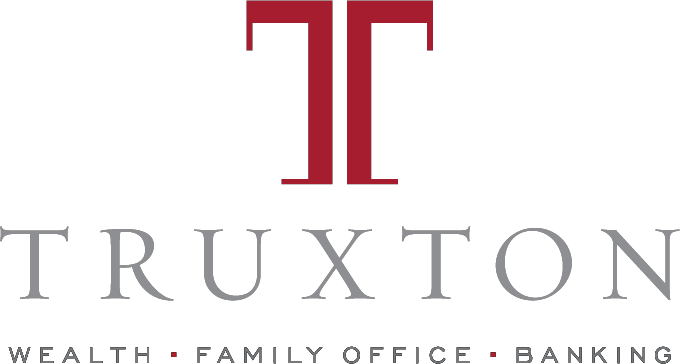Tax Law Provisions: Riding Off into the Sunset?

In less than two years, a host of taxpayer friendly provisions of the 2017 Tax Cuts and Jobs Act (TCJA) are to expire or “sunset”, leaving many high-net-worth and/or high-income earning individuals and families potentially surprised by larger income tax and estate tax liabilities.
Congress could act to extend or make permanent many of these provisions, but as the political landscape seemingly continues along a path of divisiveness and laws are passed closer and closer to deadlines, you should not wait to start planning.
Here’s a summary comparison of key provisions - Current Law to Post TCJA (December 31, 2025):
|
Provision |
Current Law (2024) |
Post TCJA (12/31/2025) |
|
Individual Income Tax Rates |
37% top marginal rate and generally more favorable overall bracket/rate schedule. |
39.6% top marginal rate and generally less favorable overall bracket/rate schedule. |
|
Deduction for Qualified Business Income (QBI) |
20% deduction for certain pass-though businesses, such as partnerships, S-corporations and sole proprietorships, subject to limitations. |
No longer available. |
|
State and Local Tax Deduction |
Limited to $10,000. |
Unlimited deduction, subject to phase out at higher income levels. |
|
Mortgage Interest Deduction |
Deduction limited to interest on first $750,000 of acquisition indebtedness for mortgage debt after December 15, 2017. No deduction for interest paid on home equity loans not used for acquiring or substantially improving residence. |
Indebtedness limits restored to pre-TCJA levels. $1,000,000 for mortgage debt and $100,000 for home equity loans. |
|
Miscellaneous Itemized Deductions |
Not applicable. |
Unreimbursed business expenses, investment management fees, tax preparation fees, etc. all return, subject to a 2% of AGI floor. |
|
Standard Deduction |
TCJA nearly doubled the standard deduction. |
The standard deduction will be reduced nearly in half, adjusted for inflation. |
|
Personal Exemptions/ Child Tax Credits |
Personal exemptions are not applicable. Increased Child Tax Credit. |
The Child Tax Credit is reduced. Personal exemptions return, subject to phase out at higher income levels. |
|
Alternative Minimum Tax (AMT) |
Exemptions amounts and income phase out thresholds favorably increased, resulting in far fewer taxpayer subject to AMT. |
Exemption amounts and income phase out thresholds dramatically reduced, adjusted for inflation. Significantly more taxpayers will be subject to AMT, especially in high income tax states. |
|
Estate and Gift Tax |
Each individual afforded a $13,610,000 exemption, adjusted for inflation. |
Reduced to half of 2025 inflation adjusted exemption. |
The sunsetting of many of these TCJA provisions are welcomed, such as the state and local tax deduction limitation and the return of miscellaneous itemized deductions, but the combination of increased rates, no QBI deduction and the large swath of taxpayers subjected to AMT will likely result in high income earners realizing significant increased income tax liabilities.
We are particularly focused on the reduction of the Estate and Gift Tax exclusion. For 2024, the exemption is $13,610,000 per individual, so $27,220,000 of a married couple’s assets are exempt from federal estate tax. With inflation still persistent and challenging, we should see another increase in the exemption for 2025, but after the TCJA sunsets, exemptions will be halved come January 1, 2026. If you’re an individual with assets in the $6-8 million dollar range or married with assets around $12-14 million, this could greatly affect you and your heirs. Simplified, estate tax is 40% of a decedent’s gross estate, less deductions, less exemptions.
While there are a few strategies to reduce income tax liabilities, there are several advanced planning techniques to reduce or eliminate estate and gift tax liabilities. Now is a great time to review your Will and other core documents, discuss trusts, explore gifting vehicles (family, generational and charitable), examine composition of assets, and plan for tax efficiency. We thrive in assisting clients deploy and manage very complex estate and gift tax matters. (Stay tuned for a follow-up deep dive into some of these planning strategies)
The Truxton Wealth team is comprised of over 25 professionals including attorneys, Chartered Financial Analysts®, Certified Public Accountants, Certified Financial Planner® practitioners/certificants/professionals, and Certified Trust and Fiduciary Advisors. We are passionate about driving the absolute best outcomes for our clients. We look forward to hearing from you.

